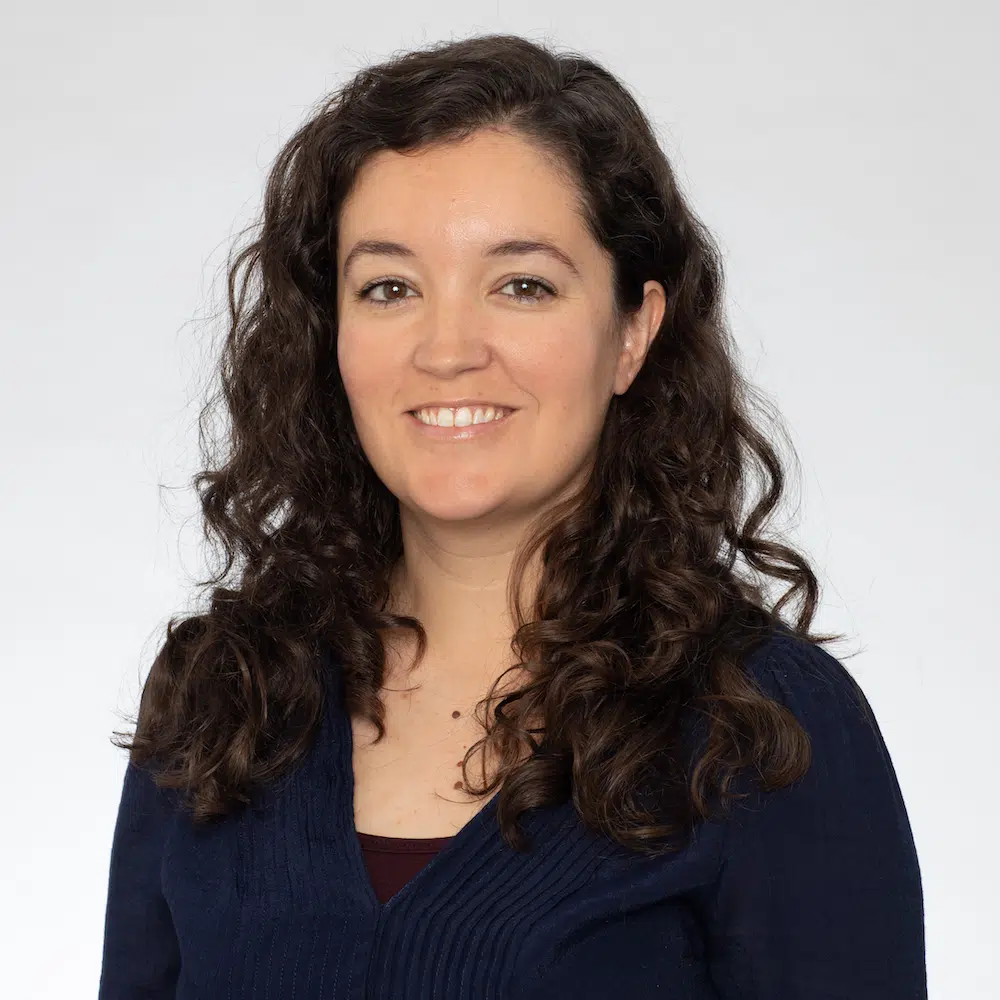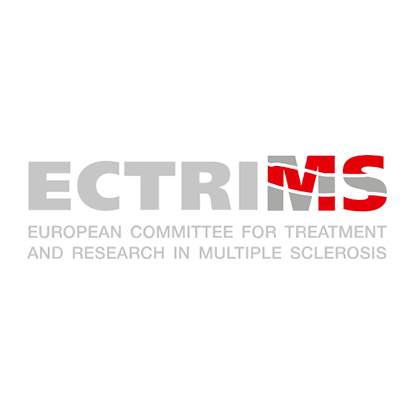Session 1 Information:
Title: Baseline MRI Characteristics of Multiple Sclerosis Patients Enrolled in Two Phase 2 Studies of Elezanumab
Session Date: Wednesday, October 26th 2022
Presenting Time: 08:00 CET
Poster Number: EP0992
Authors: Qi Guo, Luc Bracoud, Scott Gladstein, Chris Conklin, David Scott, Joyce Suhy, Robert Comley, Kimberly Pfleeger, Adam Ziemann
This work compares the MRI characteristics in patients with relapsing (RMS) and progressive (PMS) forms of multiple sclerosis, assesses correlations within MRI characteristics and with clinical measures using baseline data from two phase 2 studies of elezanumab.
Co-Presenters

Joyce Suhy, PhD
Senior VP, Medical Imaging at Clario
Working in the field of Medical Imaging since 1992, Dr. Suhy has authored numerous journal articles and book chapters in imaging of the brain. Dr. Suhy has lead the design and scientific oversight of Neuroscience clinical trials since 2001, within the following indications: Alzheimer’s disease (AD), Mild Cognitive Impairment, Prodromal AD, Dementia with Lewy Body, Vascular Dementia, Frontotemporal Dementia, Down Syndrome, Huntington’s Disease, Multiple Sclerosis, Parkinson’s disease, Progressive Supranuclear Palsy, Trauma, Brain Tumors, Stroke and Stroke Devices, Intracranial Hemorrhage, Post-Traumatic Stress Disorder, Spinal Cord Injury, CADASIL, Fabry disease, Multiple System Atrophy, Contrast Agents, Pediatric indications, Rare diseases, etc. Dr. Suhy has also participated on several expert panels to advance the use of imaging in clinical trials.

Luc Bracoud, MSc
Director, Neuroscience at Clario
Luc Bracoud received his Master of Science degree from Ecole Centrale Lyon in
2001. He joined Clario in 2002 as a Project Manager and Research and
Development Engineer where he developed various brain MRI image-processing
algorithms including image registration, segmentation, DTI, PWI and brain atrophy
assessment, and managed large Alzheimer’s disease (AD), Multiple Sclerosis (MS)
and Stroke clinical trials. Luc then transitioned to an oversight role where he designs
and directs all of Clario’s MRI Neuroscience trials, from a scientific and technical
perspective.
Session 2 Information:
Title: Neurostatus-eEDSS results in high consistency of expanded disability status scale assessments: Experience from 13 clinical trials
Session Date: Thursday, October 27th 2022
Presenting Time: 17:00 CET
Poster Number: P493
Authors: Nuria Cerda Fuertes, MD; Laura Khurana, MPH; Sarah Tressel Gary, PhD; Evy Fricker; Bryan McDowell, MBA; Ludwig Kappos, MD; Marcus D’Souza, MD
In the setting of Multiple Sclerosis (MS) randomized clinical trials (RCT) Neurostatus-eEDSS is increasingly implemented as the preferred method to quantify disability. By providing an algorithm based real-time feedback and interaction with expert neurologists from the University Hospital Basel (UHB) Neurostatus-eEDSS improves consistency in assessments. The algorithm alerts users to scoring inconsistencies or missing data. After data entry, users can request up to four feedback rounds, one is mandatory. Users can correct scores and view feedback. If the scoring algorithm detects no inconsistencies the form is stored in the database. If inconsistencies are detected or comments were added, an expert review is triggered. The expert neurologist can view assessments in a web portal and interact with site users to resolve remaining inconsistencies. The final decision on scores remains with the examining neurologist.
Co-Presenter

Laura Khurana, MPH
Principal Scientific Advisor at Clario
Ms. Khurana has over 16 years of experience working in public health and clinical research. As a Principal Scientific Advisor at Clario, she is responsible for providing scientific guidance on trial design and strategy, outcomes services and data analysis. Prior to Clario, she worked as a Senior Research Associate at Quintiles and as a Senior Site Management Associate at Outcome Sciences, Inc., where she was responsible for hiring and training the site management team for their office in Geneva, Switzerland. Ms. Khurana earned her B.A. from the University of Georgia and her M.P.H. from Boston University School of Public Health. At BUSPH she helped to design the curriculum for a new master’s level course focused on mHealth, “Using Mobile Technology to Improve Health Outcomes.”
